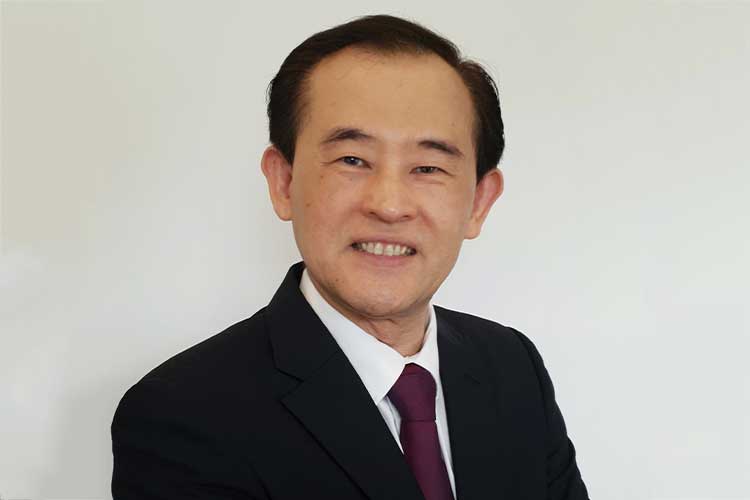

Teo Poh Siang, the President of the Association of Strata Managers in Singapore, gives us an insight into the recent changes and developments in the strata industry in the city-state.
February 06, 2023 | Megha S Anthony | Singapore | Community Management

The global real estate industry has been navigating changes and advancements in recent years, particularly with the integration of technology in asset management.
In specific, the strata industry in Singapore has undergone significant changes and growth in recent years, with a focus on strata management and the shift toward digitization. The COVID-19 pandemic has brought new challenges to the industry but has also presented opportunities for innovation and growth. Companies like Wisely 98, a licensed real estate agency and an accredited strata firm, are at the forefront of this transformation, offering cutting-edge solutions and expert guidance to the industry. With over 30 years of experience in property and strata management, Teo Poh Siang, the Founding Managing Director of Wisely 98, is a leading voice in the strata industry, serving as the current President of the Association of Strata Managers in Singapore. He is also the author of A Practical Guide to Strata Management in Singapore, 1st & 2nd Editions. These books have received positive reviews from the industry in Singapore.
According to Teo, before 2020, there was already a growing call for digitization in the strata industry. However, the implementation of digital systems faced significant challenges, as companies and their employees were reluctant to embrace the change. The COVID-19 pandemic presented an opportunity for the industry to move towards digitization, as face-to-face meetings became more difficult and the shortage of manpower became more pressing. The industry was faced with the need to think outside the box and embrace digital strata management to keep up with the demands of the industry.
Another key trend Teo points out is the shift in moving from being people-centric to becoming more system-centric. This change is driven by several factors, including the shortage of manpower, the growing complexity of managing large-scale strata properties, the increasing number of high-rise buildings, and the need to provide better services to residents.
In the past, strata management focused primarily on the needs and wants of residents, but today, it also emphasizes the use of technology and data to improve efficiency and transparency, he explains. This new approach involves the implementation of systems such as online platforms, mobile apps, and management software that streamline the strata management process, making it easier for residents to access information and interact with their management committees and strata managers.
Additionally, strata managers are now utilizing data analytics to make informed decisions and to ensure that resources are being allocated effectively and efficiently. This shift towards a system-centric approach has brought many benefits, including improved communication and transparency, enhanced security and safety, and a more efficient and streamlined management process. Overall, this change in approach is helping to create a better strata management experience for residents/occupants in Singapore.
Looking ahead, Teo is optimistic about the future of the strata industry and is excited about the advancements in technology that will allow for greater efficiency and cost-effectiveness in strata management. Companies are already exploring the use of artificial intelligence (AI) and other technologies to improve the way they do business. For example, there are already prototypes of cleaning machines that can clean common areas in strata properties. These machines can be programmed to clean specific areas and can be monitored through cameras. This will reduce the need for manual labor and make the process of cleaning common areas more efficient and cost-effective.
In conclusion, the strata industry in Singapore has come a long way over the past two years, and it looks set to continue to evolve as new technologies become available and its stakeholders are excited about the possibilities that lie ahead.